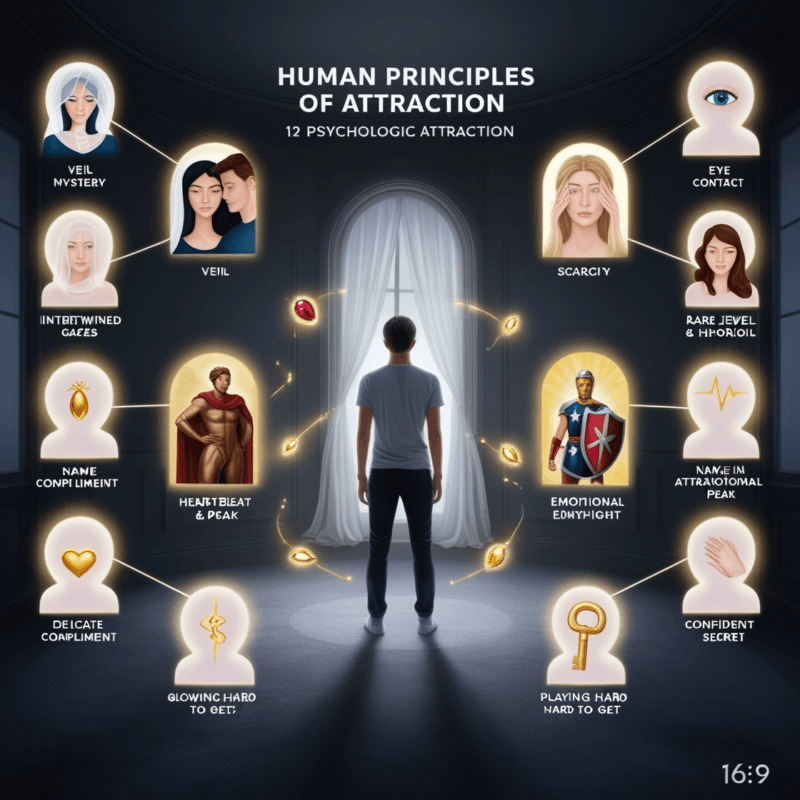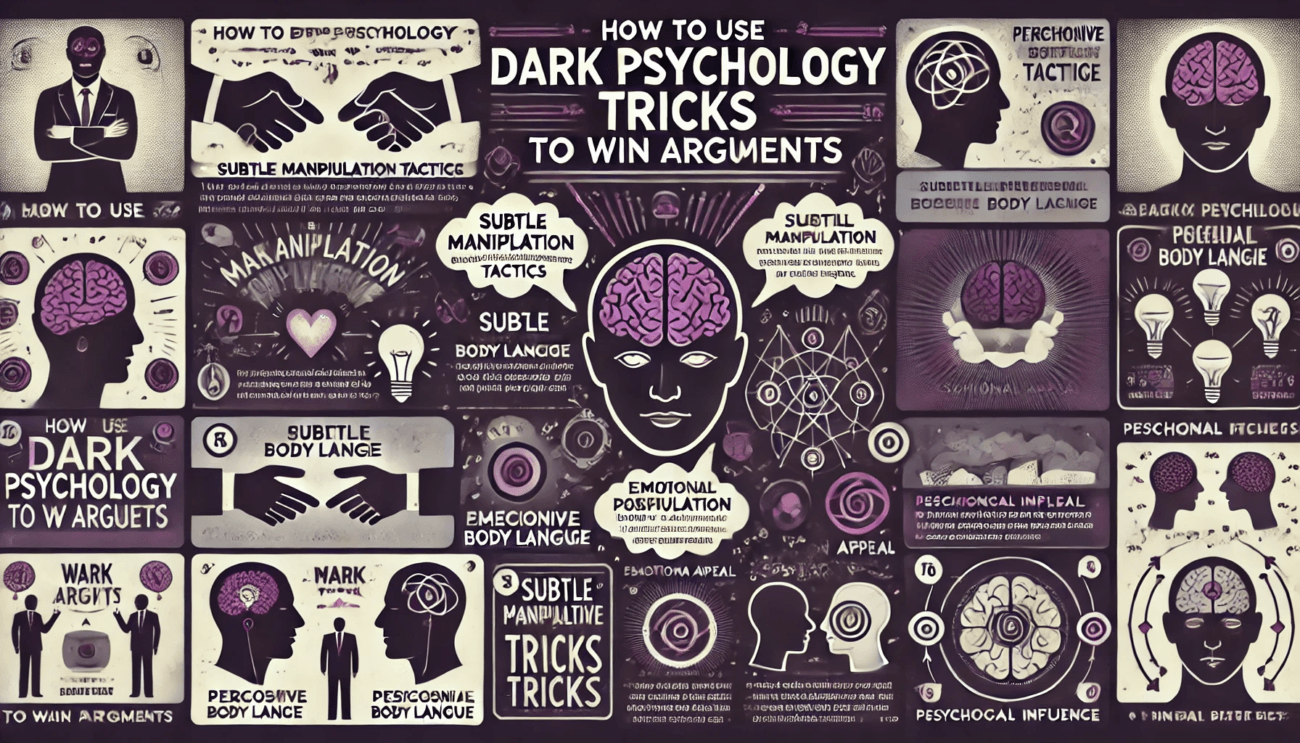What if the world’s most secretive intelligence agency could make you obey—without you even realizing it? Forget the movie cliches. The real methods are far more subtle—and far more effective. Today, we’re diving into the CIA’s darkest psychological tactic for turning people into loyal assets, followers, or even unwitting pawns.
The Sweet Weapon: Charisma
Let’s start with the basics. In the CIA, charisma isn’t just a nice-to-have. It’s a weapon—a kind of psychological “sugar” that’s in short supply in the real world.
Why does it work? Simple. Most people are drawn to charisma, but very few feel comfortable wielding it themselves. For many, charisma is like sugar in their diet—addictive, delicious, but never in their own hands. So when a CIA officer turns on the charm, it’s not just friendly. It’s strategic.
Charisma disarms. It softens suspicion. It makes people want to please you.
But this is just the beginning.
Step One: Isolate the Target

Here’s where things get dark. The CIA’s most effective manipulation isn’t about yelling, threatening, or obvious intimidation. It’s about subtle isolation.
If you want to make someone obey, you don’t order them around. You quietly cut them off from their social world.
It’s not as simple as saying, “Don’t talk to your friends.” That would raise alarms. Instead, the operator creates a world where the target’s connections slowly wither away. Maybe the agent plants seeds of doubt about others. Maybe they “accidentally” create conflicts, or become the main source of praise and understanding.
Before the target knows it, their emotional universe shrinks. Their support network fades into the background—until only the handler is left shining at the center.
Step Two: Build Loyalty by Removing Options

This tactic is as old as time. By quietly carving someone out of their social context, you make yourself their only source of validation and comfort. You’re not just a friend or colleague. You become their lifeline.
- The target faces subtle criticism or distancing from friends.
- Old ties feel less satisfying.
- New connections are discouraged, gently or indirectly.
- The handler’s approval becomes the only approval that matters.
Soon, the target can’t imagine a world without the handler. Their loyalty becomes absolute, not because of threats—but because of engineered emotional scarcity.
Step Three: Manipulate Without Detection

The brilliance of this tactic is that it’s almost invisible. To the target, the handler isn’t controlling—they’re supportive. They’re the “only one who understands.” By the time the target realizes what’s happened (if they ever do), their choices have been reduced to one: obey.
What’s the result? The CIA doesn’t just make people talk. They make people loyal—even fanatically so. This isn’t forced. It’s engineered at the deepest psychological level.
The Real Secret: You Never See It Coming
Most people imagine manipulation as something loud, obvious, or aggressive. The reality is much darker. The most effective tactics are those you never notice. You just wake up one day and realize you’d do anything for the person pulling the strings.
That’s the real art of CIA manipulation: not just to influence, but to quietly remove all your other options—until obedience is the only path left.
How to Defend Yourself Against Obedience Hacking

Worried this could happen to you? Here are a few signs and defenses:
- Be wary of anyone who becomes your only confidant too quickly.
- If you notice your social circle shrinking—and it’s not your choice—pause and ask why.
- Healthy relationships don’t require cutting ties with others. True friends want you to have a support network, not just them.
- Guard your independence. The best way to resist manipulation is to keep your options open—and your connections strong.
Final Word: The Shadowy Power of Subtle Control
The CIA’s darkest manipulation tactic isn’t about brute force. It’s about engineered loneliness—using charisma to draw you in, then isolation to make you dependent.
In a world full of would-be influencers, it pays to ask: Who’s quietly carving you out of your own life? And who do you truly obey—by choice, or by design?






